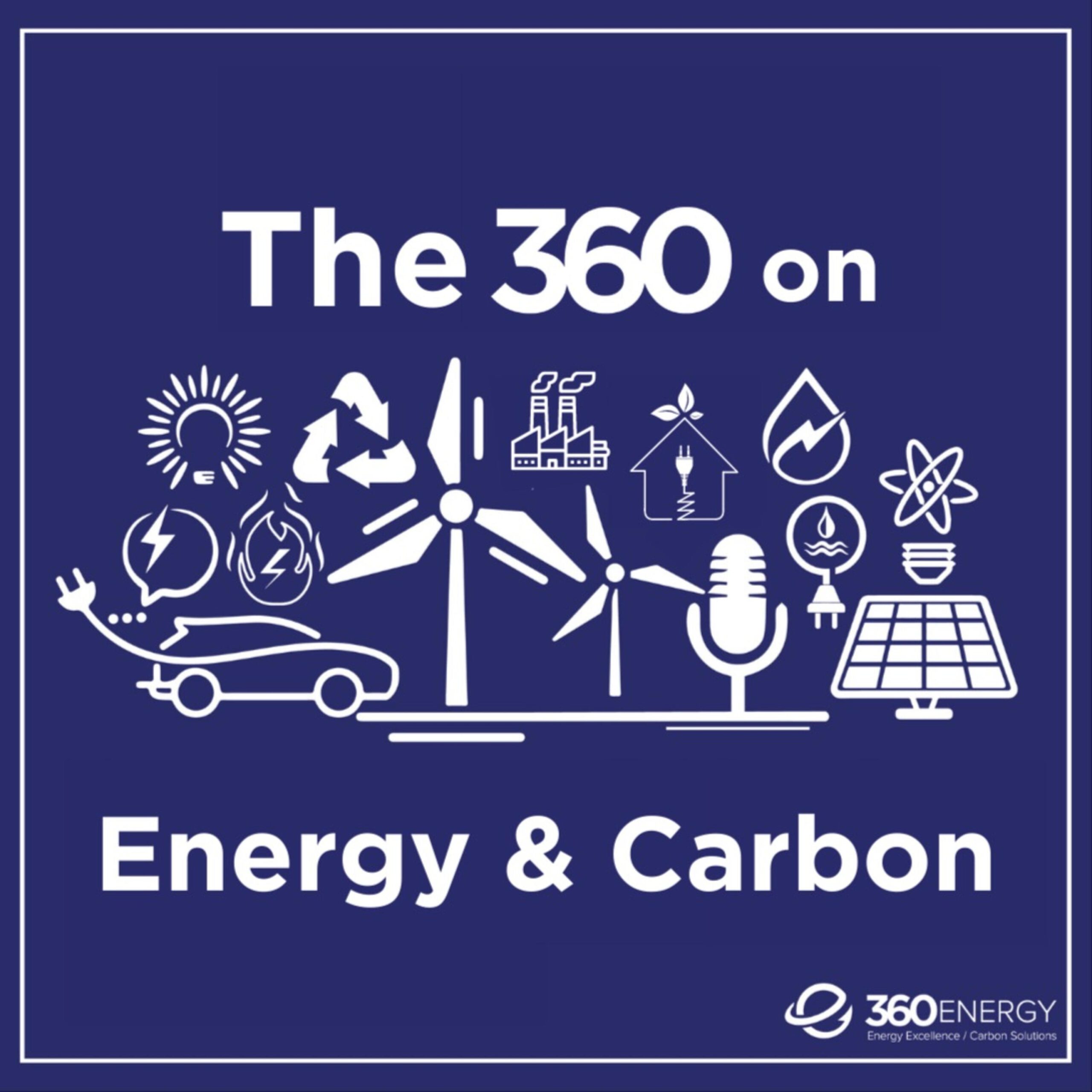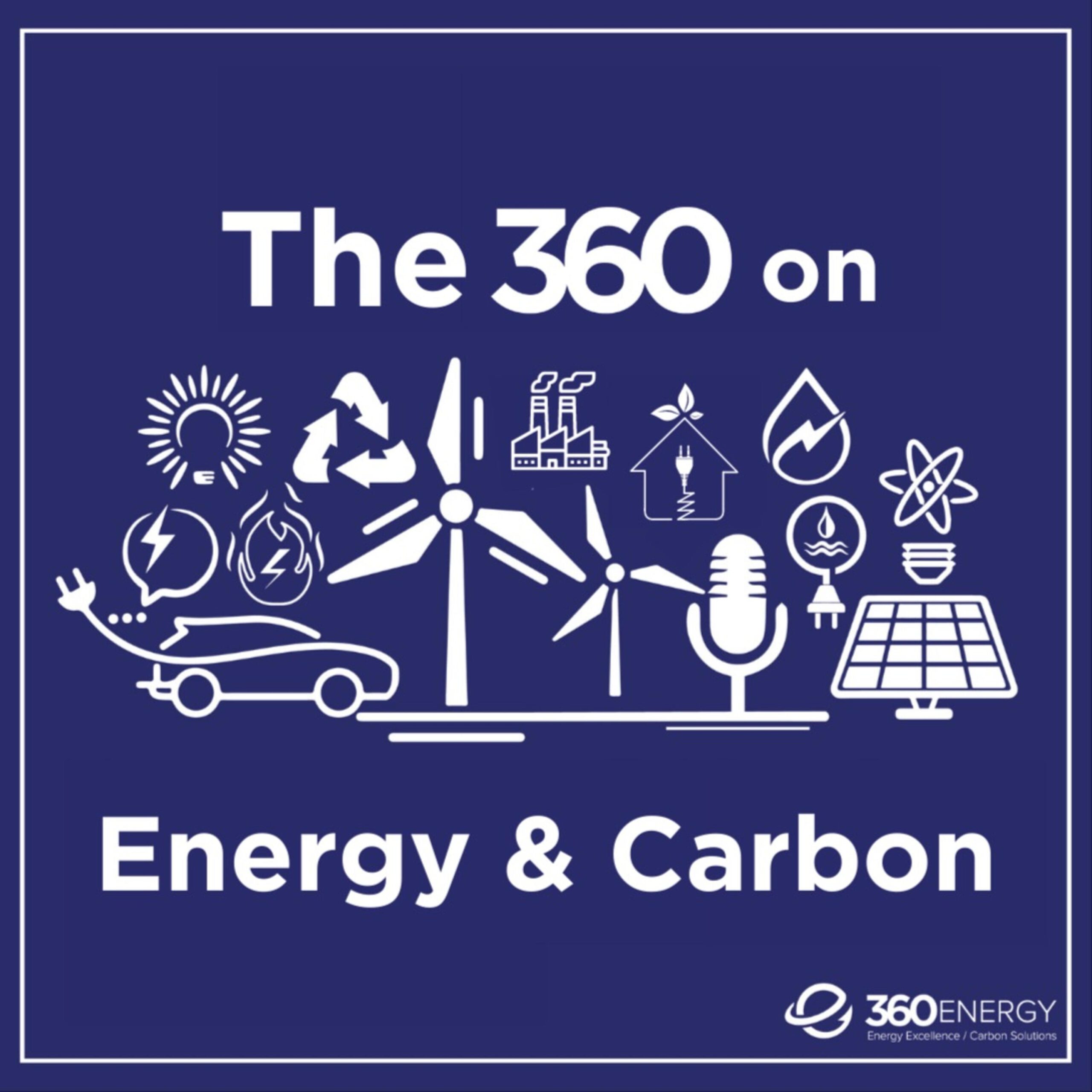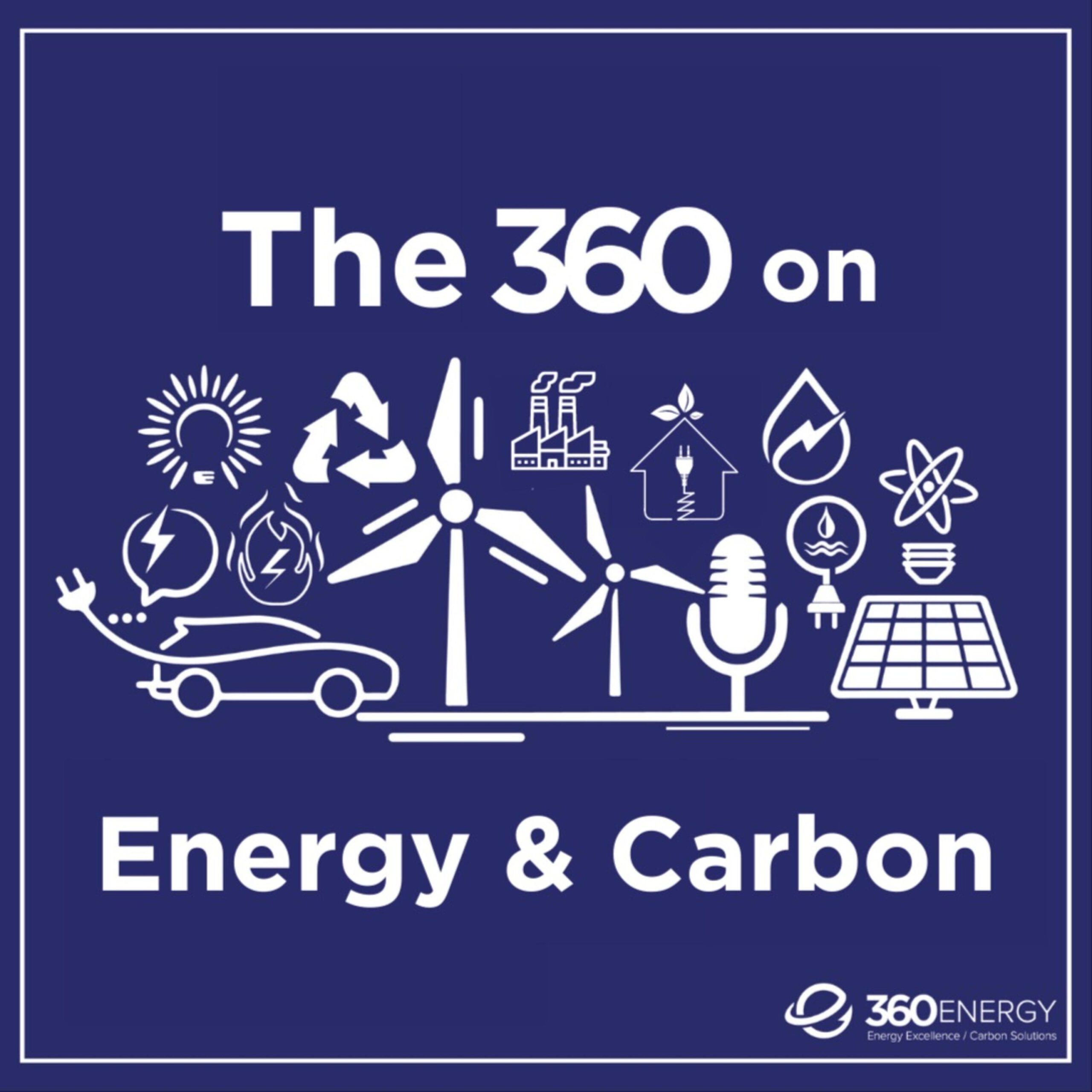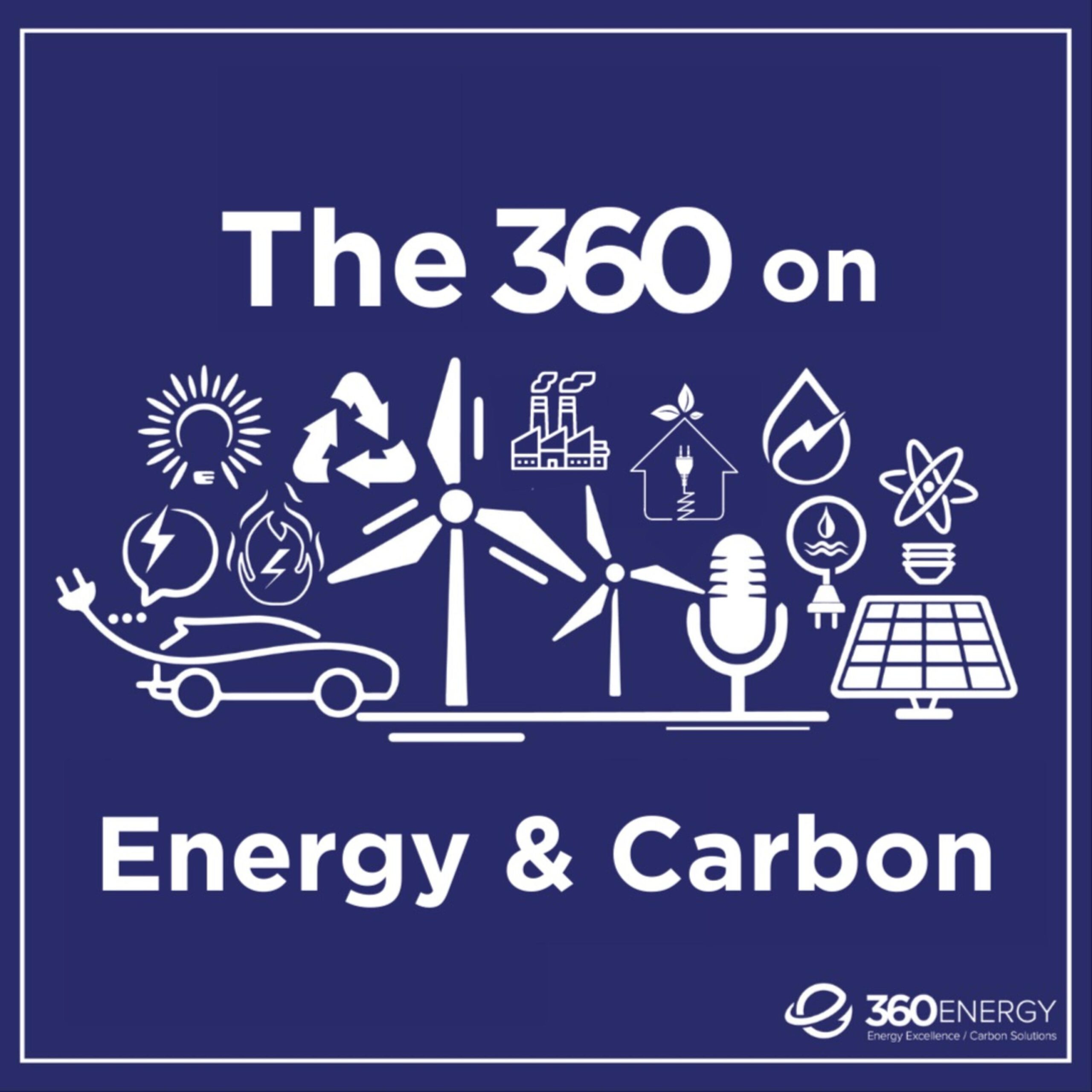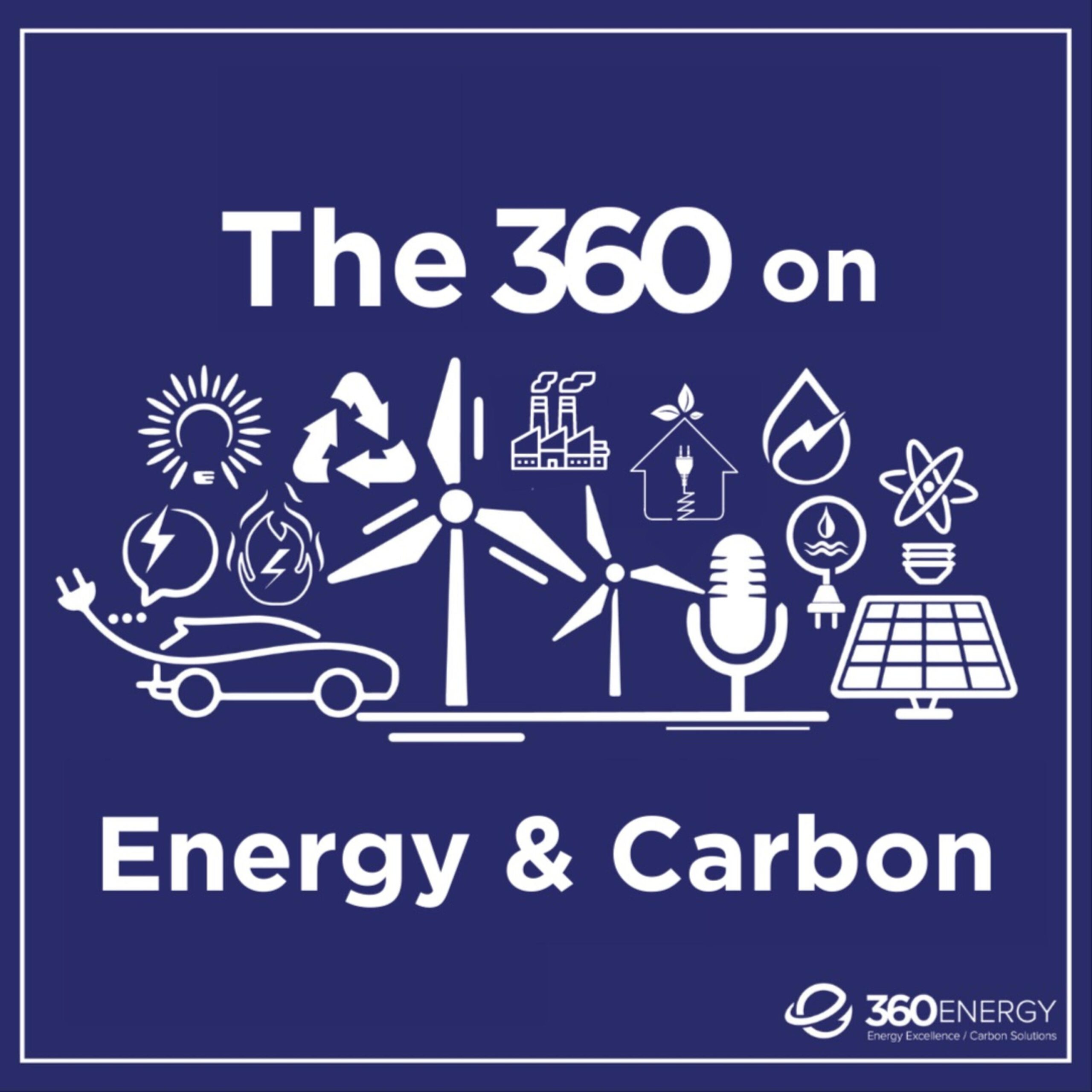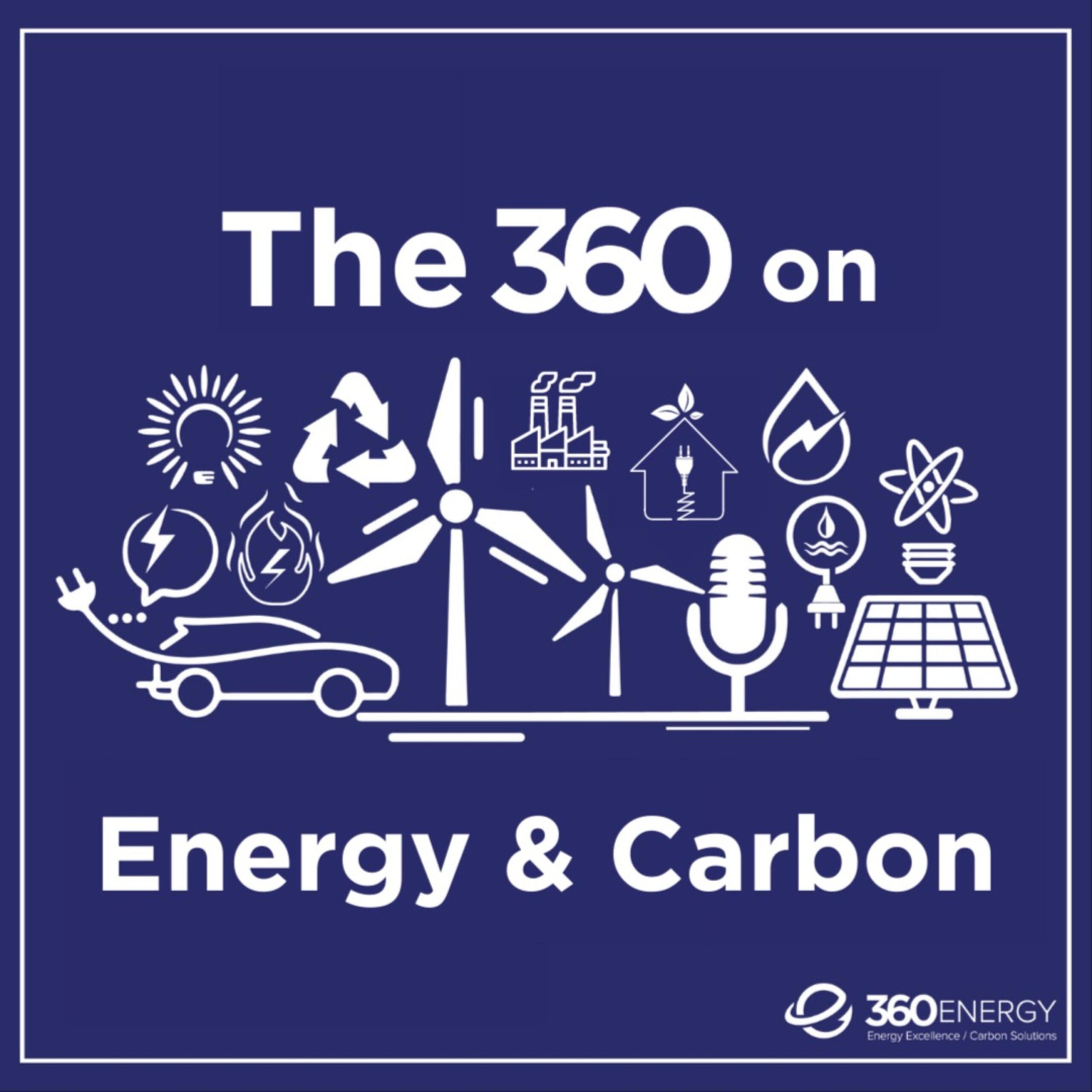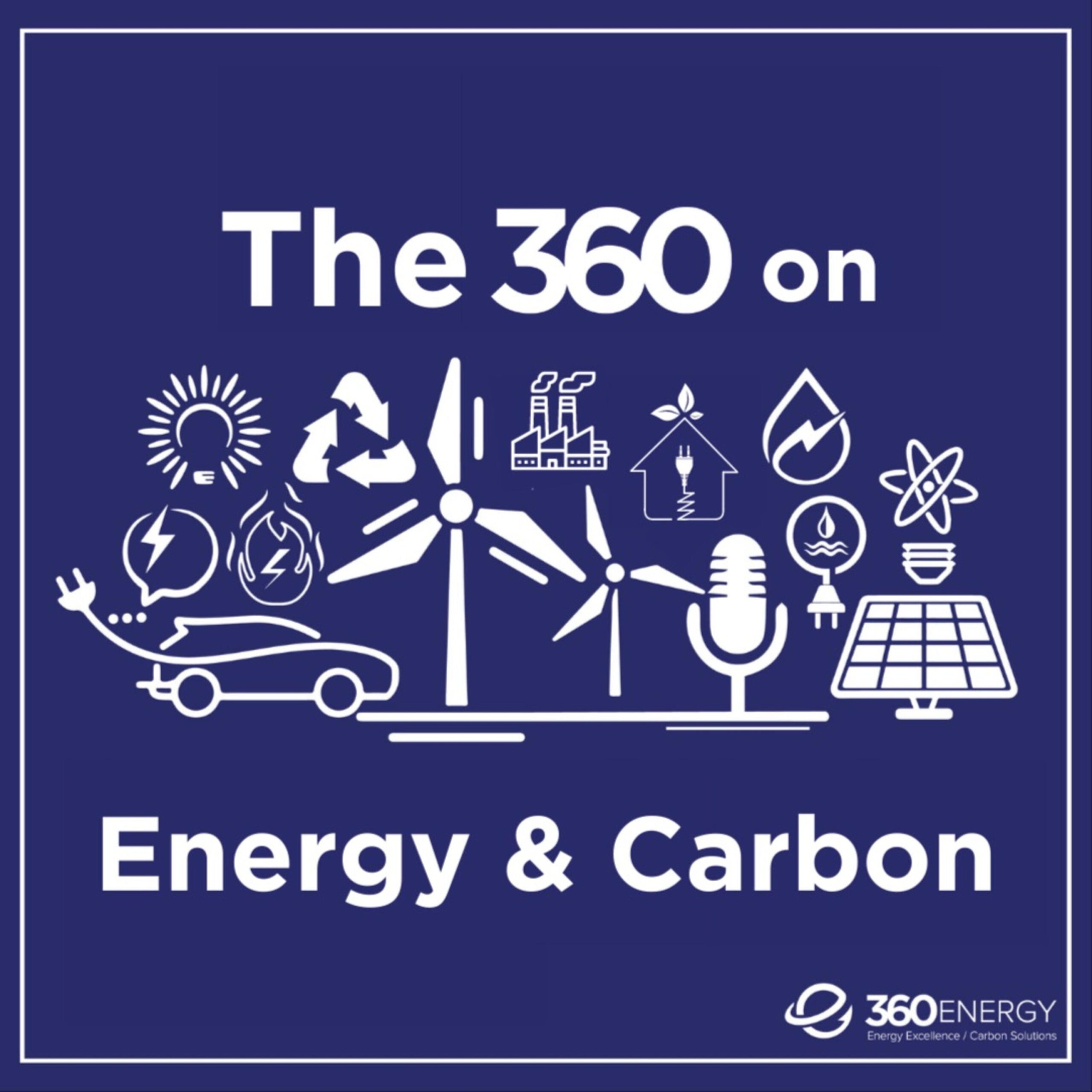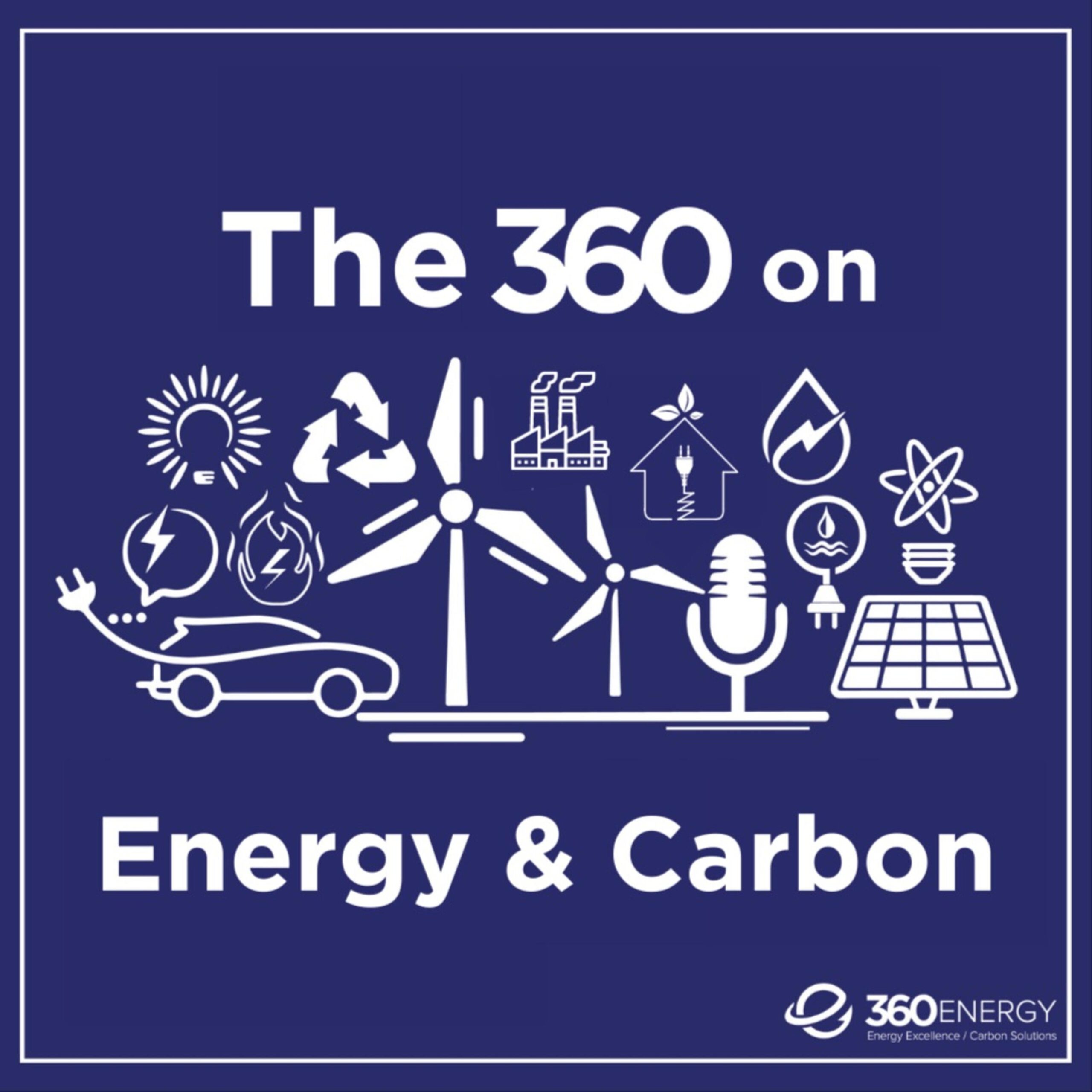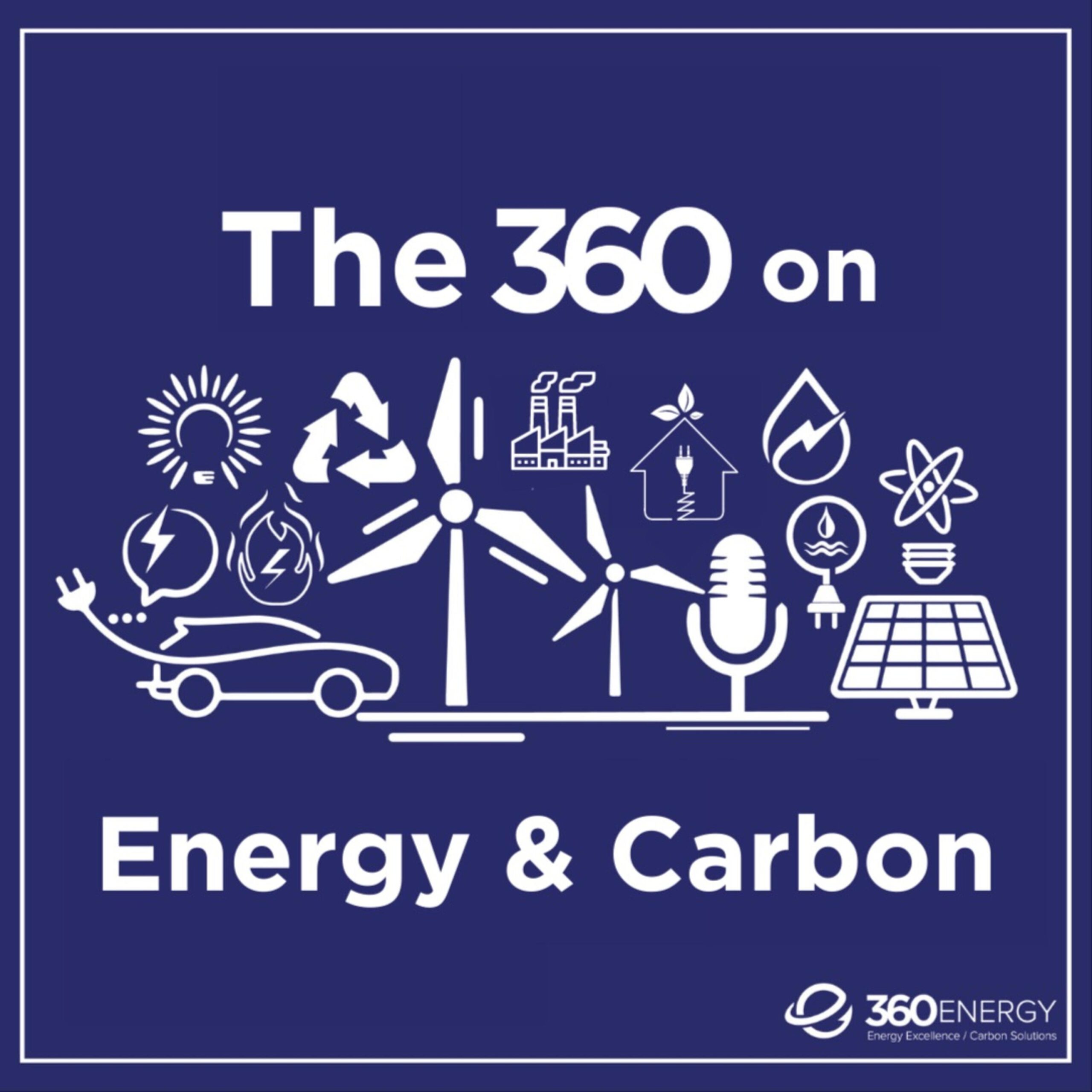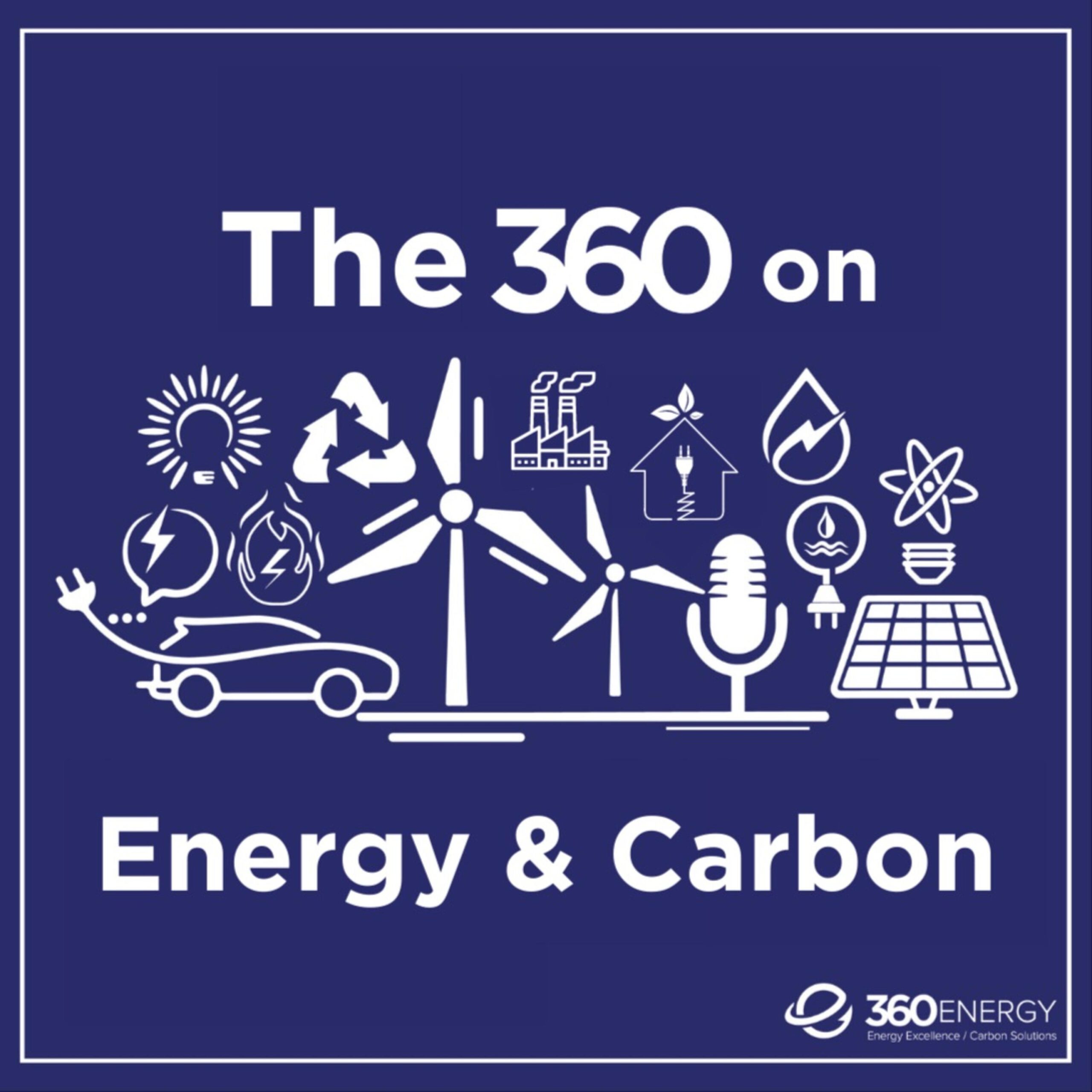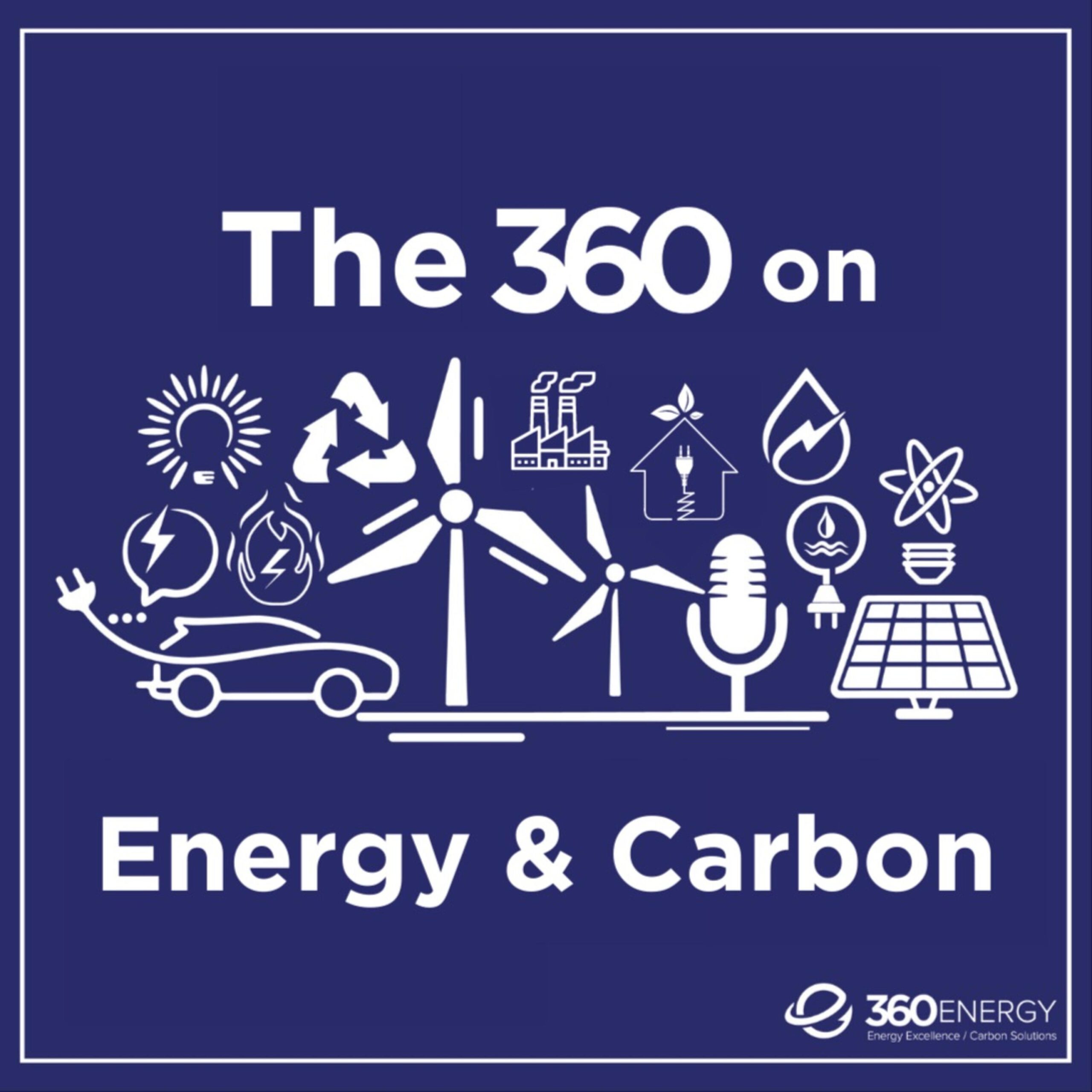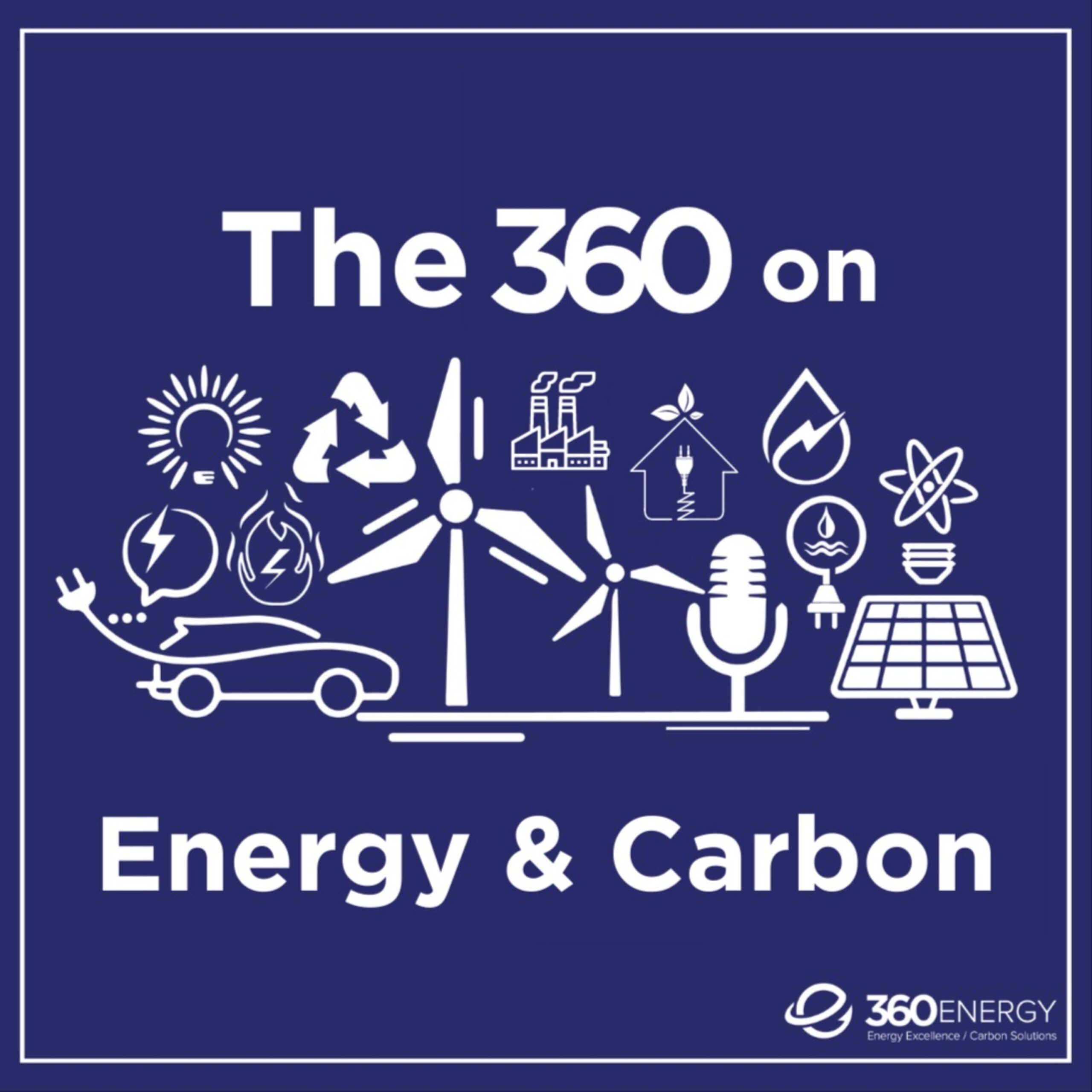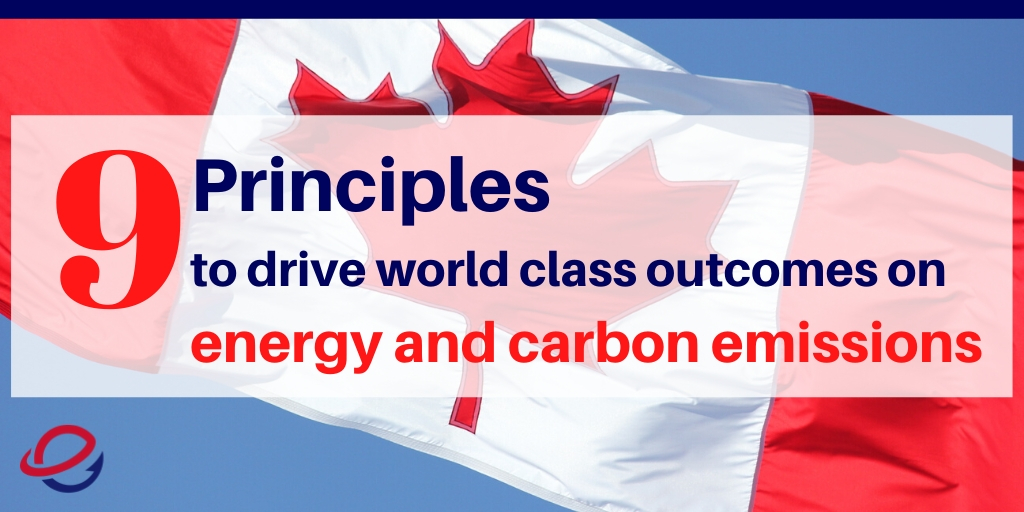
When we act on the basis of our core values, we nearly always end up doing the right thing.
Let’s reflect on that as we celebrate the birthdays of Canada and the United States in the next two weeks. During this pandemic year especially, it’s worth considering how core values have served us well in both our countries.
What are our core values? The University of Waterloo has studied this extensively. Their Canadian Index of Well Being is a good place to start. After extensive public consultations, they identify Canada’s core consensus values as being: Fairness; Diversity; Equity; Inclusion; Health; Safety; Economic security; Democracy and Sustainability.
Canadians use these values to judge when our nation has done well or when it has done poorly. For example, “flattening the curve” of the COVID-19 pandemic earned kudos for our public health care system. Canada achieved positive outcomes around “health” and “safety”. However, when it became known that vulnerable seniors in many nursing homes were abandoned to bear the brunt of COVID-19, we were outraged. Our core values of “fairness”, “equity” and “safety” were not fulfilled.

Our COVID-19 recovery strategy will have to address environmental, social and governance issues. What would happen if we looked at our core values to drive world-class outcomes on energy and carbon emissions? I am confident we would end up doing the right thing. We wouldn’t simply try to provide cheap or reliable energy for suppliers and consumers. We would try to achieve environmental, economic and social benefits all at the same time.
Nine principles would embody our core values in a recovery strategy. The right things would get done and the recovery would enjoy widespread support.
1. Energy use, energy costs and carbon emissions are deemed controllable, can be managed and must be reduced. [“Economic security”, “Safety”]
2. Commitment to energy and carbon action must come from the top of each organization. [“Fairness”, “Equity”]
3. Responsibility for reducing energy use, energy costs and carbon emissions is shared by suppliers and consumers alike. [“Democracy”, “Inclusion”, “Equity”, “Diversity”]
4. All disciplines, at all levels throughout each organization, need to be engaged. [“Diversity”, “Inclusion”, “Equity”]
5. Energy use, energy costs and carbon emissions data are made visible so as to be understood, tracked and reported. [“Economic security”, “Sustainability”, “Democracy”]
6. Results must be transparent within and outside each organization. [“Fairness”, “Economic security”, “Inclusion”, “Sustainability”, “Democracy”]
7. Governments should use market pricing signals, not rely strictly on incentive programs, to support organizations in taking responsibility for energy use and carbon emissions. [“Economic security”, “Sustainability”, “Fairness”]
8. Widespread energy and carbon emissions literacy is needed for informed decision making. [“Fairness”, “Inclusion”, “Economic security”, “Safety”, “Sustainability”, “Diversity”, “Equity”, “Democracy”]
9. Organizations must have choices and options for procuring energy supply to achieve costs and emissions reductions. [“Economic security”, “Diversity”, “Equity”, “Sustainability”]
I’ve seen these principles, based on core values, transform organizations. In fact, I’ve helped to implement them. Organizations achieve measurable improvement in their bottom line. They enhance internal communications and build stronger working relationships. They provide product offerings their customers are looking for. All these benefits far exceed the investment of resources required to embed these principles in their management systems.
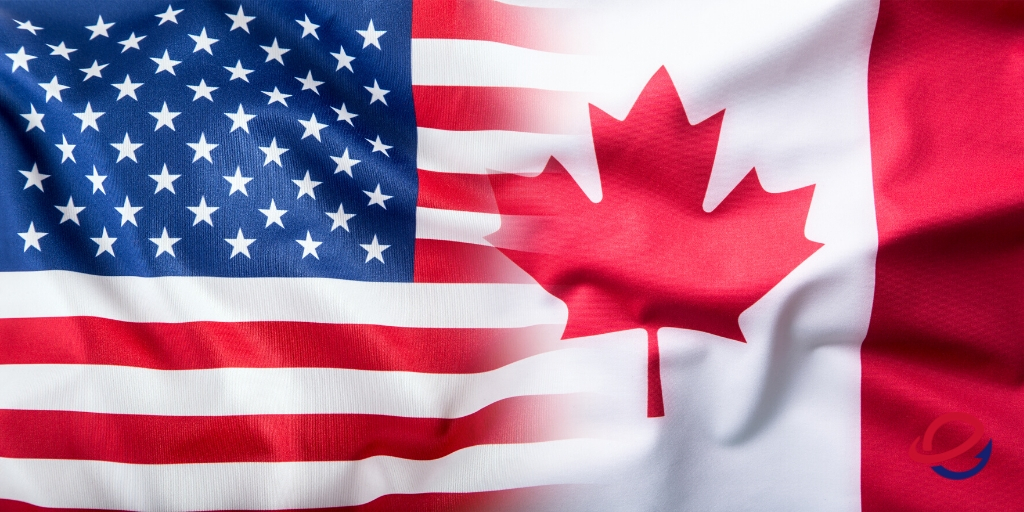
July 1st and July 4th are always suitable holidays to reflect on the blessings we enjoy. I’m grateful for the freedom and opportunity Canada has given to my family and to countless others. Canada’s core values have brought out the best in our country.
My 25 years of experience in this business tells me, acting on our core values brings out the best in companies as well – whether American or Canadian.
